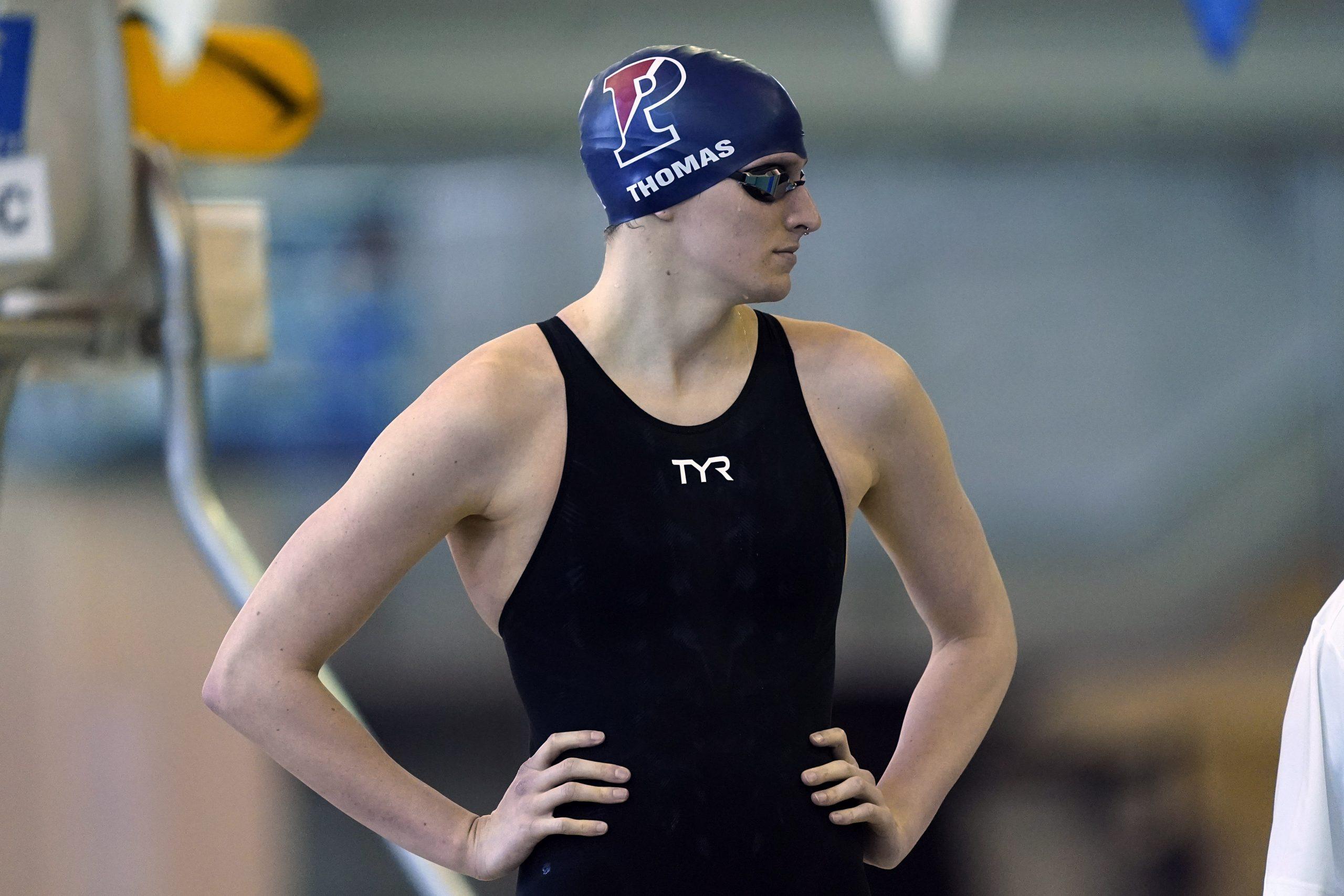Lia Thomas: A Pioneering Voice in Sports and Transgender Rights

Introduction
Lia Thomas has gained widespread attention and sparked intense debate about transgender athletes’ rights in competitive sports. A transgender woman and an accomplished swimmer, Thomas’ journey from male to female competition has raised critical questions about fairness, inclusion, and the evolving landscape of athletics. As discussions surrounding LGBTQ+ rights gain momentum globally, Thomas stands as a pivotal figure, representing both the challenges and triumphs of transgender individuals in sports.
Background and Achievements
Born in 1999, Thomas began her swimming career at the University of Pennsylvania, where she initially competed as a male swimmer. However, following her transition, she started competing in women’s events. In 2021, Thomas became the first openly transgender athlete to win an NCAA Division I national championship in any sport, clinching the title in the women’s 500-yard freestyle with a time of 4:33.24. This historic victory not only made headlines but also positioned Thomas as a symbol of progress for transgender representation in sports.
Controversies and Support
Despite her accomplishments, Thomas has been at the centre of controversy. Her eligibility sparked discussions around NCAA policies regarding transgender athletes, with advocates arguing that she has an unfair advantage due to hormonal differences stemming from male puberty. Supporters, however, argue that her participation promotes inclusivity and reflects the values of a diverse society. Institutions and governing bodies, including the NCAA, have been revising their policies to find a middle ground that protects both competitive fairness and transgender rights.
Recent Developments
Recently, Thomas spoke out about her experiences, emphasizing the importance of creating a supportive environment for all athletes, regardless of gender identity. In her statements, she expressed a desire for understanding and respect, advocating that every athlete should have the opportunity to compete. Events in 2023 indicate a continued dialogue on this topic, as various sports bodies reassess their regulations in light of inclusion and equity considerations.
Conclusion
Lia Thomas remains a significant figure in the discourse on athletics and LGBTQ+ rights, reflecting broader societal changes. Her achievements and the controversies surrounding them highlight the complexities of balancing fairness in competition with the need for inclusivity. As discussions progress, the sports community will continue to evolve, with Thomas’s journey serving as a touchstone in the fight for equality in sports. The outlook for future transgender athletes is promising, with hope for more inclusive practices and policies that respect both individual rights and competitive integrity.
